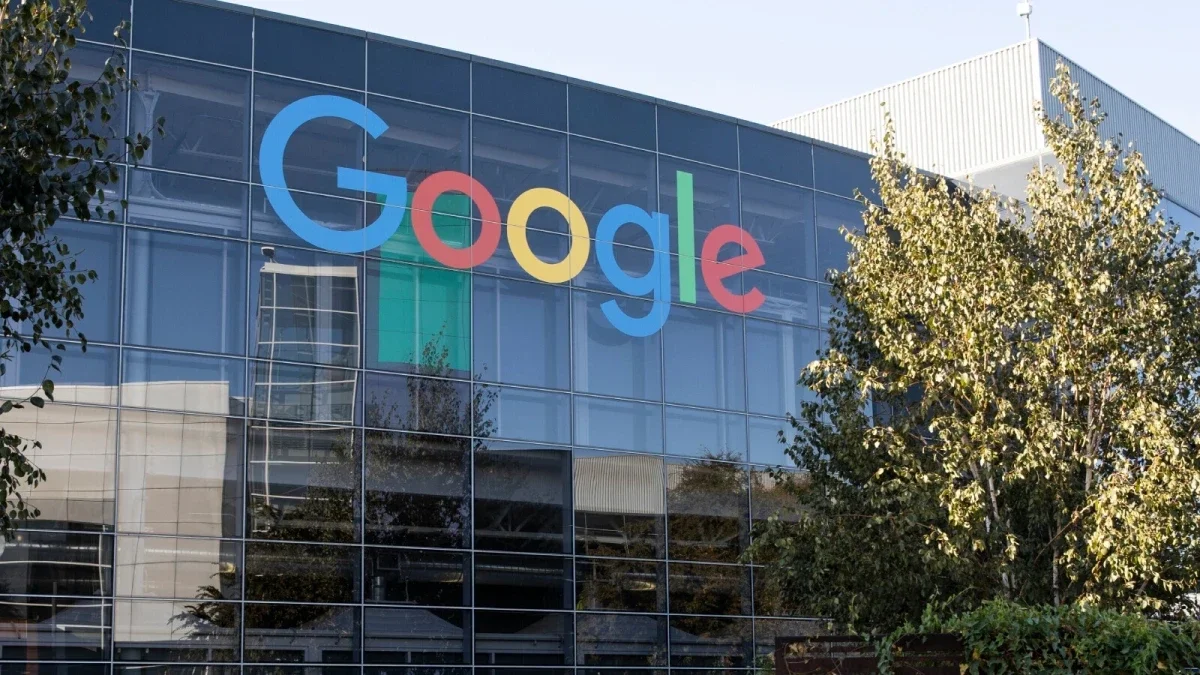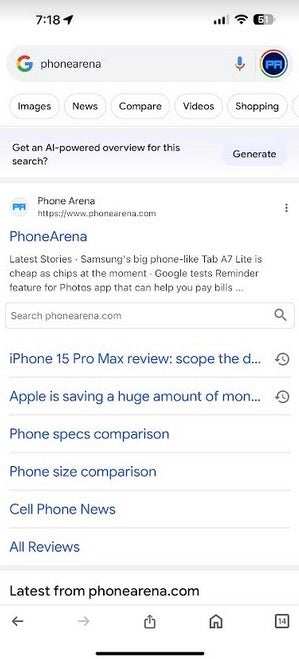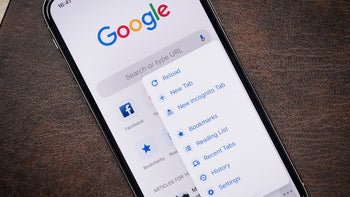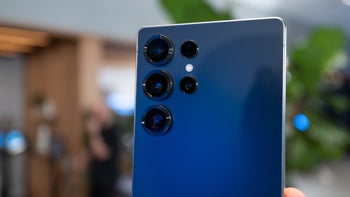Google's litigator cringes in court after witness reveals secret data about its deal with Apple

We've already mentioned more than a few times that the U.S. v. Google antitrust trial has revealed interesting information about Google's search revenue sharing with Apple and other firms. While there had always been talk of such deals, testimony elicited during the trial managed to draw out more specific details. For example, University of Chicago professor Kevin Murphy was on the witness stand today, and information he said under oath brought out a reaction from Google's main litigator, John Schmidtlein.
On the stand, Murphy revealed that Google pays Apple 36% of the revenue it collects from search advertising via the Safari browser. That this data had never been made public before was obvious from Schmidtlein's reaction when the figure was said in the courtroom. The attorney "visibly" cringed when the percentage was mentioned by the witness according to Bloomberg.

Google Search is the default search engine on the iPhone
If the DOJ does win its case and proves that Google is being anti-competitive in search, it could demand that the company be broken apart into different business units.
Follow us on Google News











Things that are NOT allowed:
To help keep our community safe and free from spam, we apply temporary limits to newly created accounts: